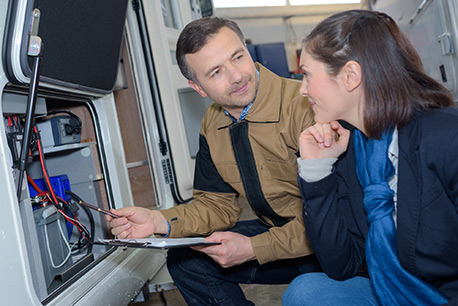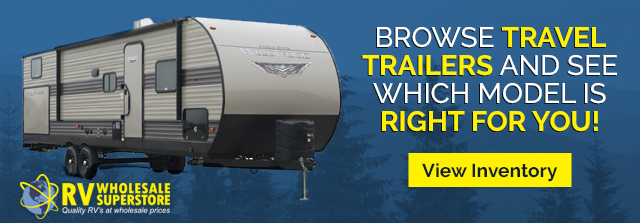It’s hard to say if the inconsistent snow season is behind us. But as we start to get a taste of warmer weather, you’re likely getting the “itch” for an early Spring RV trip! RV season is unpacking its bags and getting ready for the fresh air and warm weather of spring! That means it’s time to dewinterize your RV! Dewinterizing RVs can take some time, but if you follow our guide, you can make sure it’s done right!
If you followed our guide on winterizing your RV or travel trailer, we have a bunch of great tips on getting it ready for the road again!




